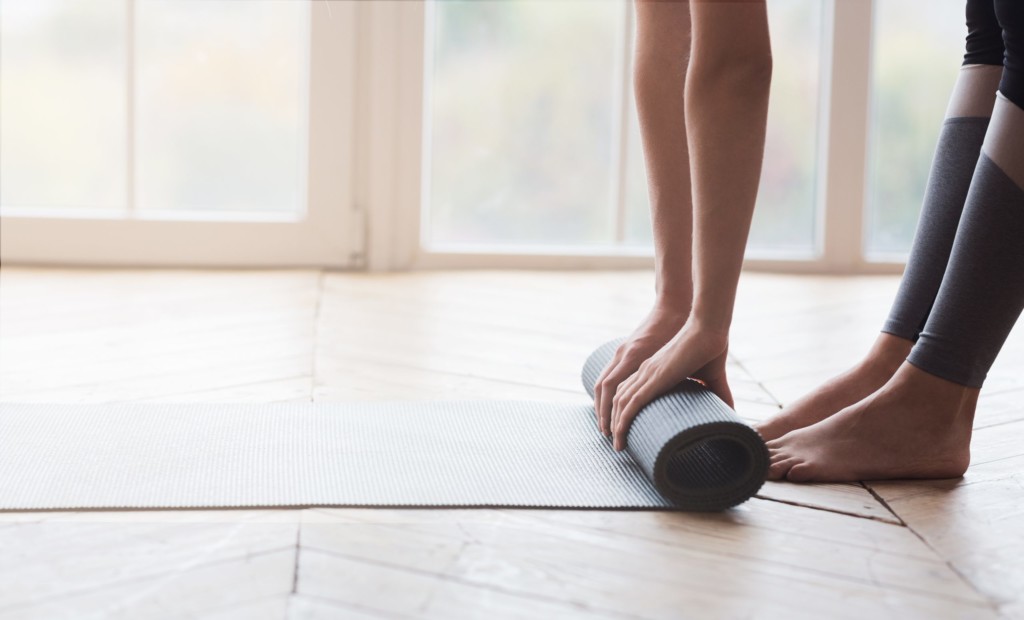
A healthy indoor climate is important for both health and well-being, and in the long run it will also be good for the wallet. We give you 4 good reasons why you should invest in a healthy indoor climate in your home.
1. A good indoor climate reduces health problems
A good indoor climate helps reduce illness and discomfort. Those who are particularly vulnerable to asthma and allergy problems may experience significantly increased health challenges in homes with a bad indoor climate. Healthy people may also experience symptoms such as recurrent respiratory infections, headaches, abnormal fatigue, dry skin, dry and sore mucous membranes in the eyes, nose and throat, and impaired concentration.
By ensuring good ventilation in the home, used indoor air is replaced with fresh outdoor air. In this way, you achieve a healthy and good indoor environment and a better quality of life.
Without good ventilation, you must ventilate by opening doors and windows to get airflow. With a ventilation system, drafts are avoided, and the temperature remains stable. In addition, it prevents annoying and unpleasant odors.
2. Good ventilation prevents moisture and mould growth
The purpose of a ventilation system is to replace the air that is in the house. Old used indoor air can contain several things that can create a bad indoor climate, such as gases and particles from building materials, clothing, animals and furniture, or pollutants from cooking.
Poor ventilation can also cause moisture in the home. Especially in rooms with prolonged humidity, such as wet rooms and kitchens, the air should be changed frequently. If the air in these rooms is not replaced with fresh air, moisture can form. Moisture provides good growing conditions for, among other things, mold. It is therefore important to keep the house dry by ensuring a good air flow.
The indoor humidity should preferably be below 60 percent in the summer and preferably not lower than 40 percent in the winter. In the summer, the warm and humid air outside will make it challenging to maintain the right humidity indoors without a ventilation system that regulates the temperature. Especially in winter when the air is cold, it is important to have good ventilation that ensures optimal humidity.
3. Reduces power costs
Homes with natural ventilation from valves and leaks in the building construction often have a lot of drafts that lead to large heat losses. A ventilation system with new filters, clean ventilation ducts and proper regulation provides plenty of fresh and fully heated air, which is evenly distributed in the home. It helps maintain a comfortable temperature and prevents trapped odours.
A heater recovers as much as 80% of the heat in the house. You therefore save on electricity costs by not having to heat the new air that enters the home. A ventilation system also gives the home better energy labeling and lower environmental footprint. You may want to spend a lot of time regulating the system so that you achieve the best possible air inflow and the least possible sound.
4. Filter against pollen, viruses, bacteria and road dust
Many ventilation units have filters that prevent small particles such as pollen, viruses, bacteria and dust from entering the home. Especially during the pollen season, this will have a major impact on the indoor climate if you have a pollen allergy. You may want to change the filter just before and after the pollen season. Use the original filter for the ventilation unit to ensure that pollen remains in the filter. Pollen attaches easily to dust and swirls up. If you use a central vacuum cleaner, the fine dust and pollen particles will be blown out of the house, rather than being left in the air as is often the case with a regular vacuum cleaner.
